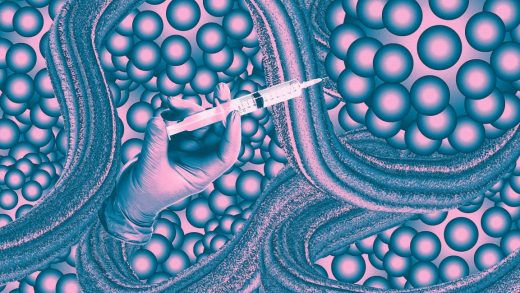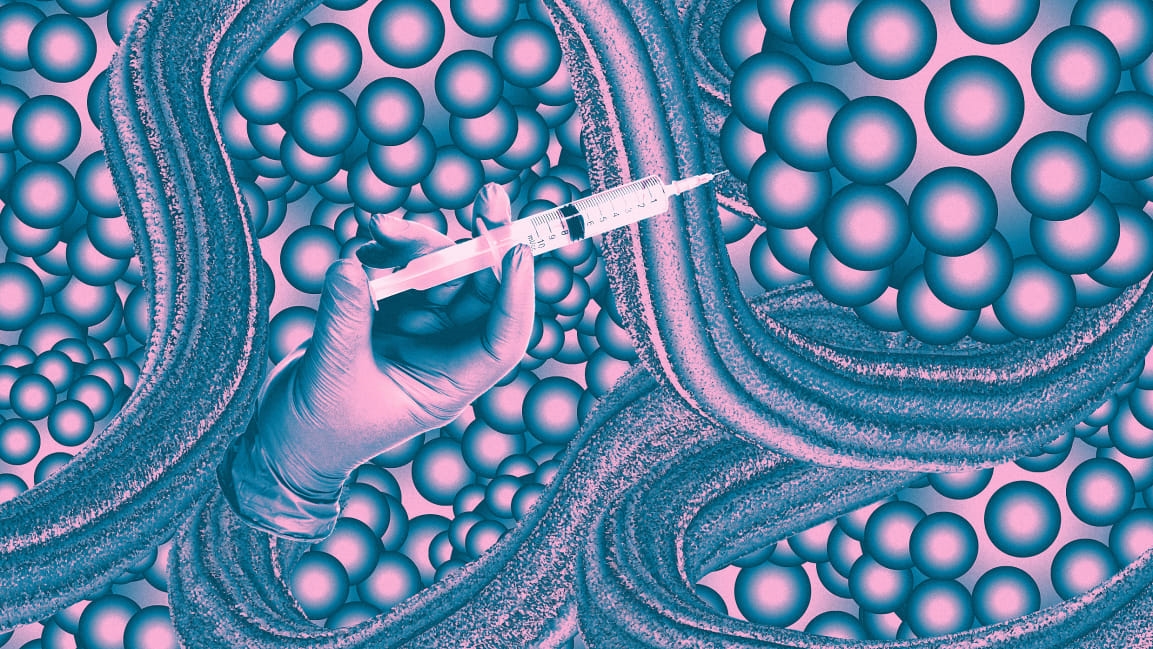When will Johnson & Johnson COVID vaccine recipients get a booster?
“For some patients, the risks of waiting might be greater than the theoretical risk of getting a booster dose now,” says Leana Wen, an emergency physician and visiting professor of health policy and management at the George Washington University’s Milken School of Public Health.
In a recently published study of hundreds of thousands of healthcare workers in South Africa, the Johnson & Johnson vaccine offered around 71% protection against hospitalization from the delta variant. Other studies suggest that Pfizer and Moderna’s mRNA vaccines are far more effective: One preprint study in the U.K. found that the Pfizer vaccine was 96% effective against hospitalization from the delta variant. A study in Israel suggested that the Pfizer vaccine was 88% effective against hospitalization.
Another preprint study in the U.S. found that the mRNA vaccines were less effective at preventing infection in July than they were earlier in the year, which helped prompt the American government to approve third doses of mRNA vaccines. But the mRNA vaccines may still be very effective at what matters most: keeping people out of the hospital and avoiding death. (For this reason, some have argued that it’s unethical to offer third doses in the U.S. when many people in other countries still haven’t had the option of a first dose.) It already seems clear that Johnson & Johnson isn’t as good at avoiding hospitalization. But J&J recipients may be the last to get extra protection.
A small study at the National Institutes of Health, with around 150 participants, is currently evaluating the effectiveness of mixing different vaccines, including some J&J recipients who received a second dose of Moderna’s vaccine. A CDC spokesperson said that some results may be available in September. Johnson & Johnson also has its own two-dose study underway, and a spokesperson said that the company hopes to share results soon. The company is also running a trial of its own that looks at the immune responses and safety of giving a booster J&J shot six months after someone either received the J&J vaccine or the Pfizer vaccine.
Obviously, the data will be useful. But Wen argues that there’s enough evidence to suggest that a second shot would be helpful that doctors should be able to prescribe it for some patients now. Other studies have looked at the effect of combining AstraZeneca’s shot—which, like Johnson and Johnson, is an adenovirus vector vaccine—with Pfizer, and found that it gave a stronger immune response than two doses of the same vaccine. In the U.K. and Germany, people are already routinely mixing the AstraZeneca and Pfizer vaccines.
“Based on our experience with the J&J vaccine, I wouldn’t choose to get a second dose of the J&J vaccine,” says Phil Felgner, director of the University of California-Irvine Vaccine Research and Development Center. “Because there are other components of that J&J vaccine that we react to, and produce an immune response.” Felgner’s team has also been studying antibody levels in vaccine recipients and finds that they’re much lower in J&J recipients, consistent with the clinical data about reduced efficacy. Now, he says, some patients are beginning to get unauthorized second doses of mRNA vaccines, and the researchers expect to see an increase in immune response.
In San Francisco, the Department of Public Health said on August 3 that J&J recipients could get a “supplemental” dose of an mRNA vaccine from Pfizer or Moderna. That was the right decision, says Wen. “The public health department is not saying you need to come and get this, or should come in and get the booster,” she says. “They’re saying, we’re allowing you a path to do so. Otherwise, right now, it’s really difficult because doctors might recommend to our patients to get a booster dose, and our patients don’t know where to go. They’re calling to different pharmacies. Often they have to lie and say that they didn’t get an initial dose. That’s not the way that this should be.”
If the Pfizer vaccine gets full FDA approval—something that is expected to happen soon—it will be easier for doctors to prescribe a dose of it to people who initially got the J&J vaccine. But Wen thinks that doctors should be able to make that choice now. “This is what doctors routinely do for everything else—high blood pressure, diabetes, heart disease,” she says. “We routinely advise our patients in what’s called off-label use of medications, because medicine is not one size fits all . . . that should be no different when it comes to vaccinations.” For patients who are more at risk because of underlying health conditions or high risk exposure to the public, she argues, another dose of Pfizer or Moderna makes sense.
(43)



